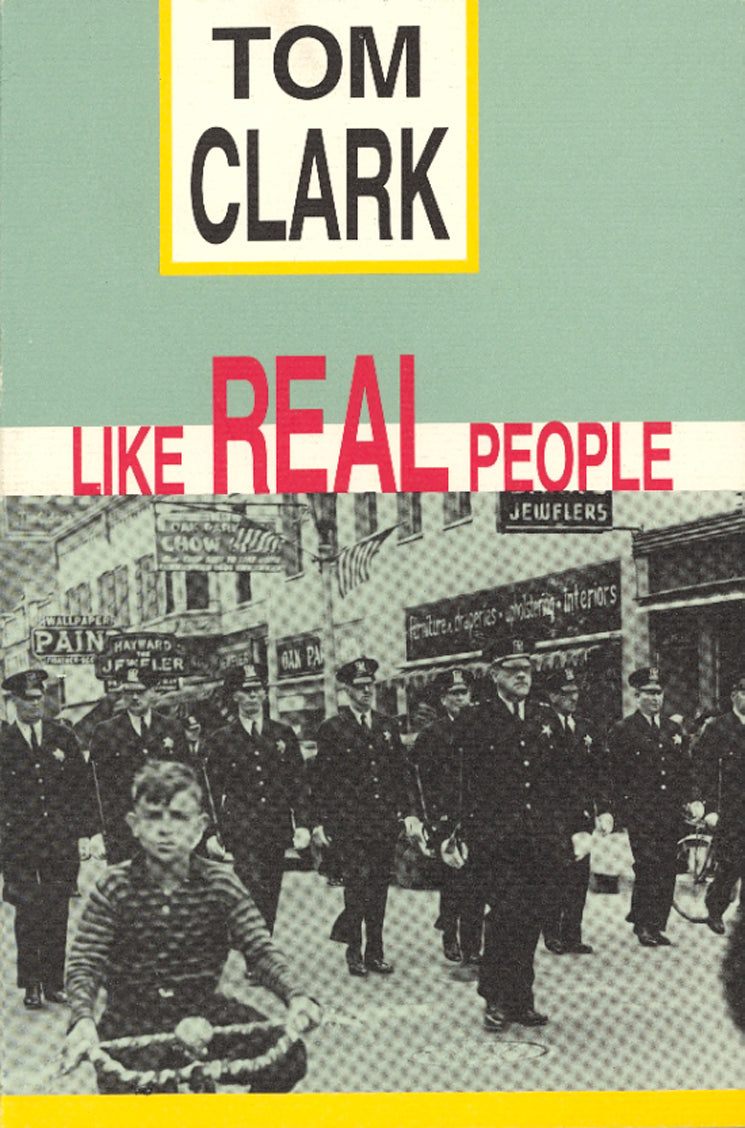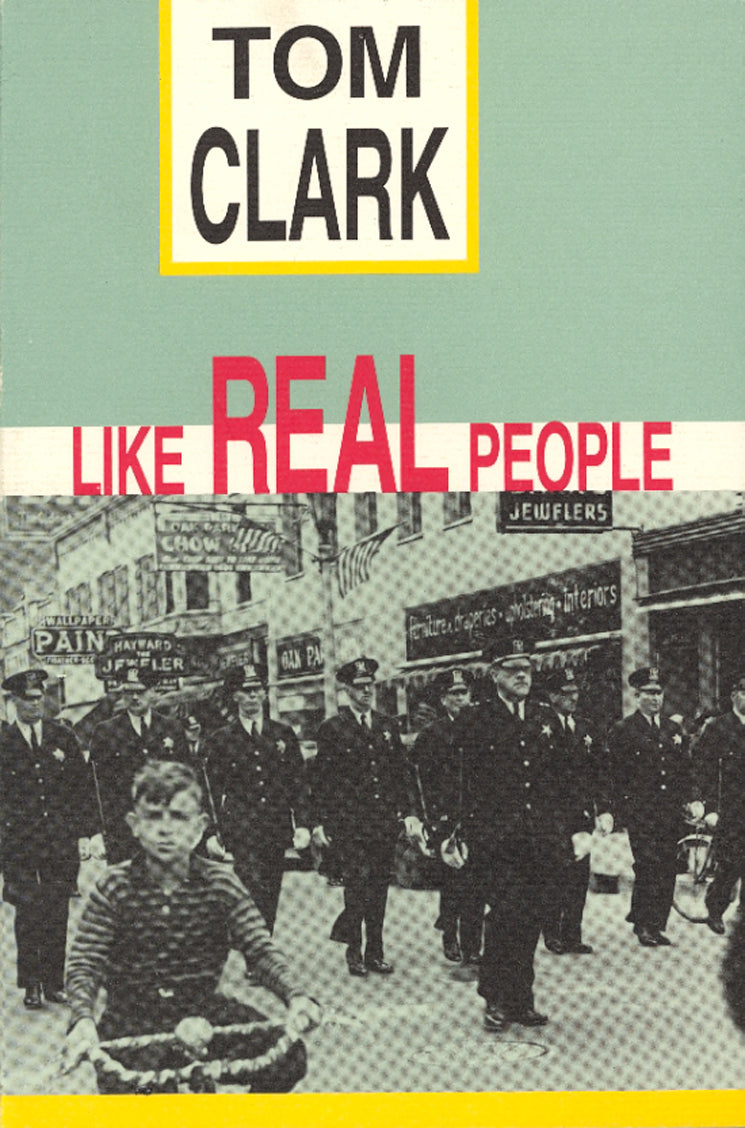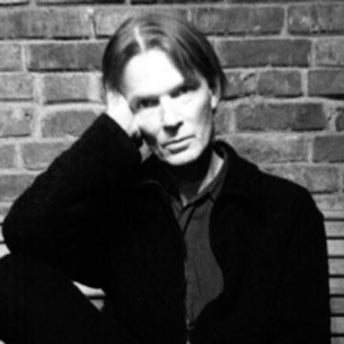
Tom Clark's Like Real People is a voyage into autobiography, one poet's attempt to "tell his own life," first in poetry, then in straightforward, unadorned prose.
The book opens with a series of unrhymed sonnets, each a lyrical snapshot from Clark's not-unhappy Catholic boyhood on the west side of 1940s Chicago: schooldays, the Field Museum, pulp magazines, winter storms, ball games, the deli pastry counter. As the poet grows older, snapshots give way to narratives in verse: episodes of family history "torn from an old album"; high school and college memories; a portrait of the poet and painter Joe Brainard, Clark's contemporary and an exemplar of selfless artistic devotion; and scenes from the life of the husband, father, and the "superannuated boy" the poet has become at age fifty. The book concludes with a sixty-page prose memoir called, after Rousseau, "Confessions": it is like a prose tracery that sets all the glittering verse that has come before into a new pattern. It is also, in its closing pages, a remarkably candid and un-self-pitying portrait of a modern freelance writer, one whose scrapping Irish family character (cussedness, energy, reckless habits of living, cultural defiance, inability to "play well with others") has led him into economic marginality and unremitting toil ("Grub Street has never had a retirement plan").
Beautiful . . . Clark sets forth the conundrum of (auto)biography . . . and the mysterious way in which 'lost time' can be both gone and present, the inhabitants of that time (including the poet himself) both real and 'like' real people. –– Alva Svoboda

